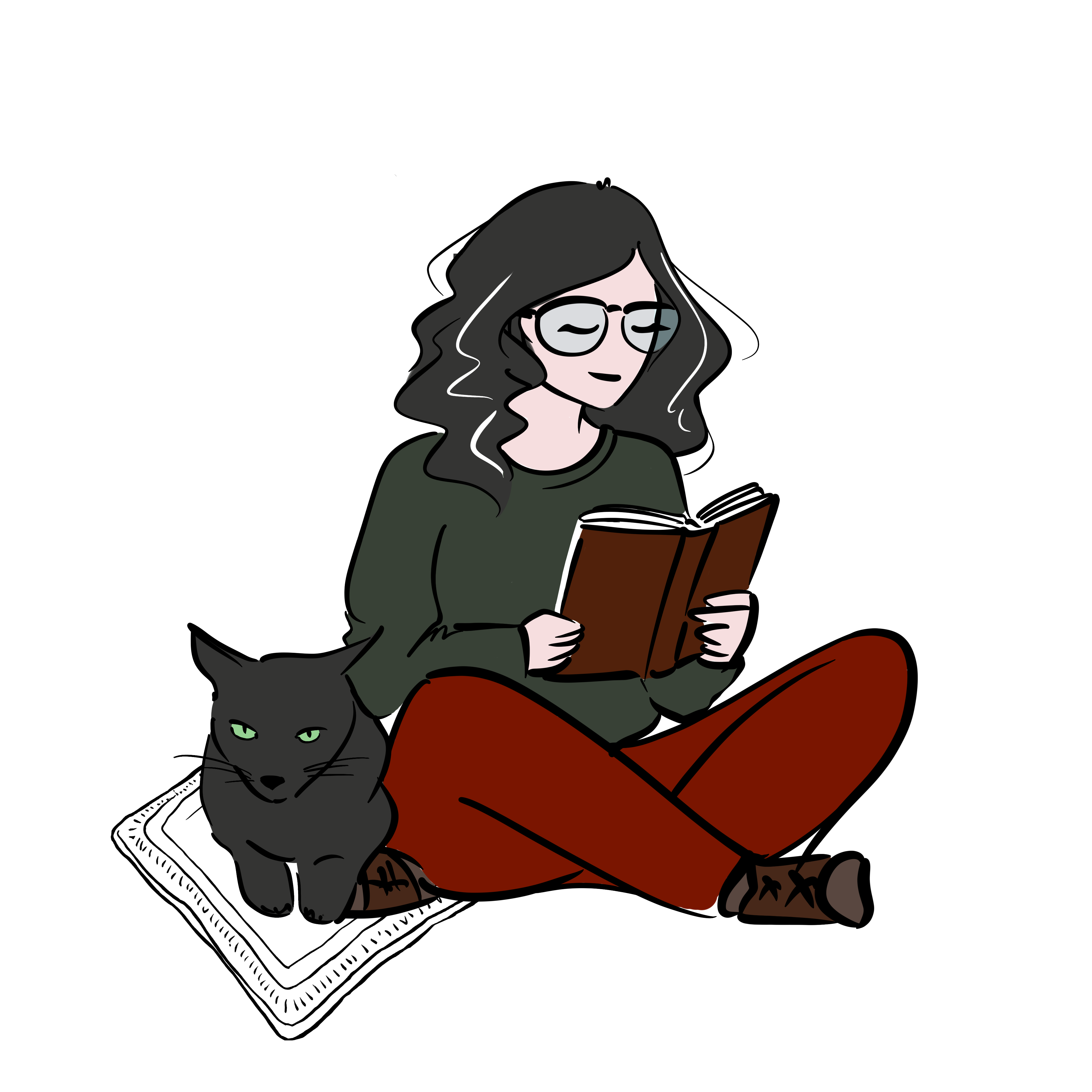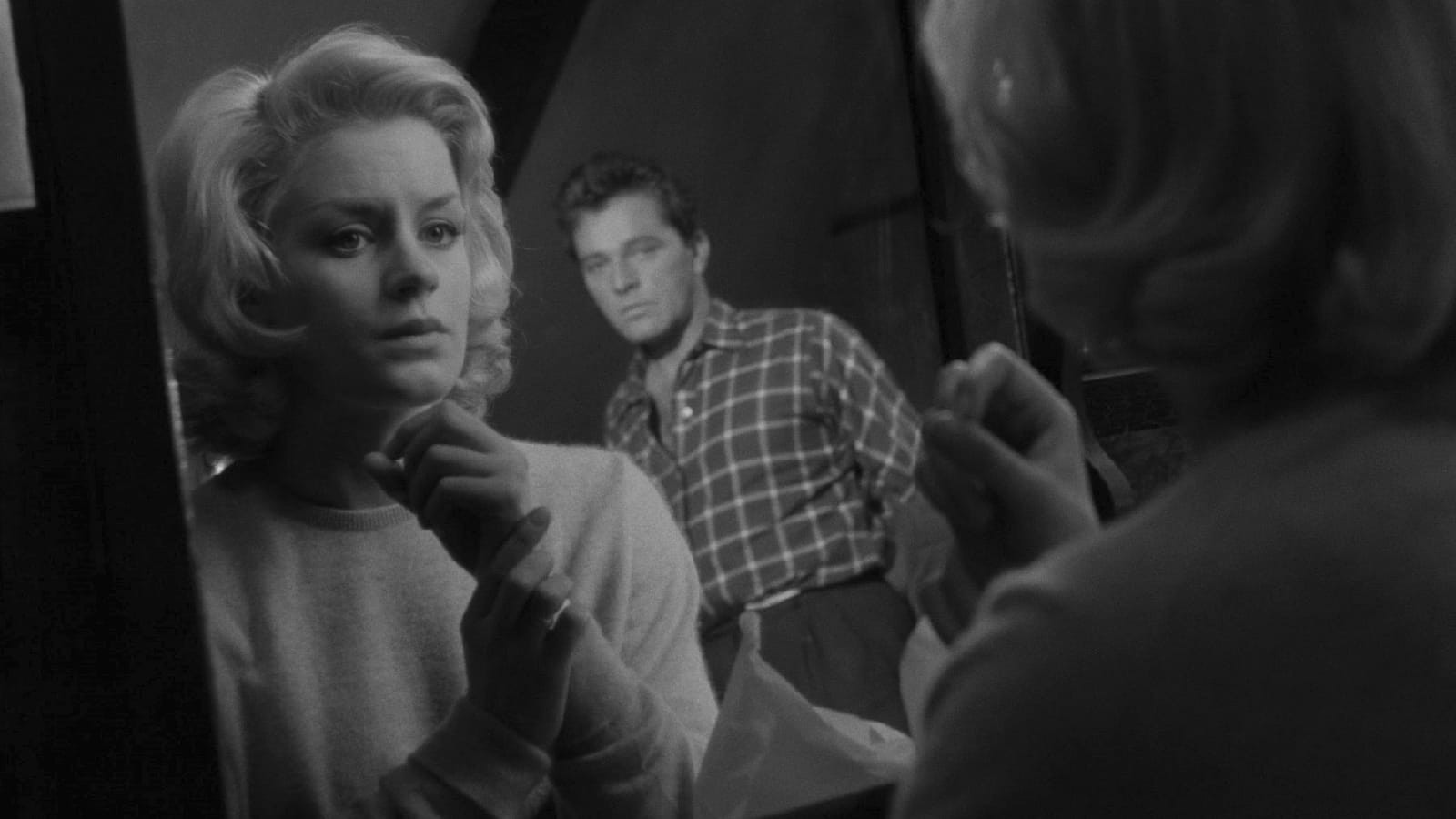I am delighted to announce that I will be offering an elective module at UERJ next semester (2025.1) titled Kitchen Sink: From John Osborne to Alex Turner.
This module explores kitchen sink realism in British literature and culture, tracing its origins in twentieth-century drama to its echoes in contemporary music and poetry. Departing from the works of John Osborne and his contemporaries, we will examine portrayals of post-war English working-class life, focusing on themes of social frustration and generational conflict.
Key areas of study include:
- The rise of the so-called “angry young men” and their narratives;
- Gender constructs and misogyny in kitchen sink drama, with a focus on Shelagh Delaney’s works;
- Reappropriations of kitchen sink imagery in the works of artists such as John Cooper Clarke and Alex Turner.
This interdisciplinary course will engage with literature, cinema, music, and drama, encouraging students to reflect on the lasting impact of this movement on British art and society. All undergraduates enrolled in the Letras programme at UERJ are eligible to take this module, which offers a unique opportunity to explore these themes through diverse media and critical perspectives.
Those wishing to apply should look for Tópicos Especiais em Literatura Britânica I (ILE04-10090). Lectures will take place on Tuesdays, M3/M4 (8:50–10:30).
Module Outline
Kitchen Sink: From John Osborne to Alex Turner
This module will explore kitchen sink realism in British literature and culture, tracing its origins in twentieth-century drama to its resonances in contemporary music and poetry. Departing from the works of John Osborne and his contemporaries, we will examine diverse portrayals of post-war English working-class life, highlighting how social frustration and generational conflicts shaped the movement’s aesthetics and impact.
Throughout the course, we will investigate the various facets of the so-called “angry young men”, analysing how kitchen sink realism reinforces or subverts gender constructs, particularly within working-class contexts.
We will also address how kitchen sink imagery, themes, and narratives are reappropriated in the works of artists influenced by the movement, from punk poet John Cooper Clarke to songwriter Alex Turner. Adopting an interdisciplinary approach that spans literature, film, music, and drama, this module invites students to reflect on the enduring impact of this movement on British art and contemporary society.
Initial Bibliography
Arctic Monkeys. Whatever People Say I Am, That’s What I’m Not. London: Domino,
2006.
Carter, Laura. Histories of Everyday Life: The Making of Popular Social History in
Britain, 1918-1979. Oxford: OUP, 2021.
Clarke, John Cooper. Ten Years in an Open-Necked Shirt. London: Vintage, 1983.
Delany, Shelagh. A Taste of Honey. New York: Grove Press, 1959.
Lee, Simon. The Intersection of Class and Space in British Postwar Writing: Kitchen Sink
Aesthetics. London: Bloomsbury Academic, 2022.
Mazierska, Ewa (Ed.). Heading North: The North of England in Film and Television.
London: Palgrave Macmillan, 2017.
Osborne, John. Look Back in Anger. London: Faber & Faber, 1956.
Sillitoe, Alan. Saturday Night and Sunday Morning. London: W. H. Allen, 1958.
Thompson, E. P. The Making of the English Working Class. London: Penguin Modern
Classics, 2013.

